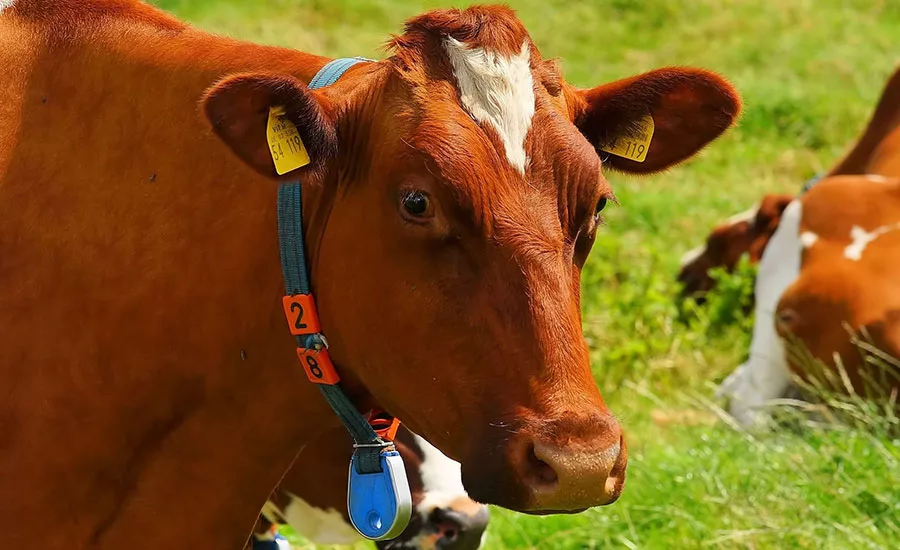Wyoming U.S. District Court Asked to Block RFID Technology

The Billings, MT cattlemen's group known as R-CALF, which represents livestock producers, say they have a "right" to use "traditional low-cost methods related to animal identification and traceability."
However, the U.S. Department of Agriculture's (USDA) Animal Plant Health Inspection Service (APHIS), with growing support from Tyson Foods and other industry leaders, wants to soon require radio frequency identification (RFID) ear tags for tracking animals in the United States.
The new technology is needed, as quick tracking during outbreaks of animal disease is important to limiting possible economic harm.
R-CALF is represented by the New Civil Liberties Alliance (NCLA), a legal nonprofit, and is trying to hold the line against an RFID mandate in U.S. District Court for Wyoming. In the most recent filing, NCLA argues that there is legal significance in the status of two USDA advisory committees: the "Cattle Traceability Working Group" (CTWG) and the "Producer Traceability Council."
NCLA's brief says that APHIS failed to comply with the "statutory requirements of the Federal Advisory Committee Act." USDA has yet to respond on the status of the two committees.
The CTWG was formed in 2017, and its goal was to transition to mandatory RFID tags, which would be advanced by creating an industry-led task force to provide technical advice and support, claims the NCLA.
At one point, a two-page factsheet suggesting livestock producers use RFID tags was withdrawn, which seemingly muted the legal issue. However, USDA is moving ahead with plans to mandate RFID for cattle by 2023, says R-CALF's attorneys.
Currently, USDA hasn't finalized a proposed rule to implement RFID as the official ear tag for use in interstate movement of cattle, and all APHIS-approved methods of identification may be used as official identification until further notice.
Looking for quick answers on food safety topics?
Try Ask FSM, our new smart AI search tool.
Ask FSM →








